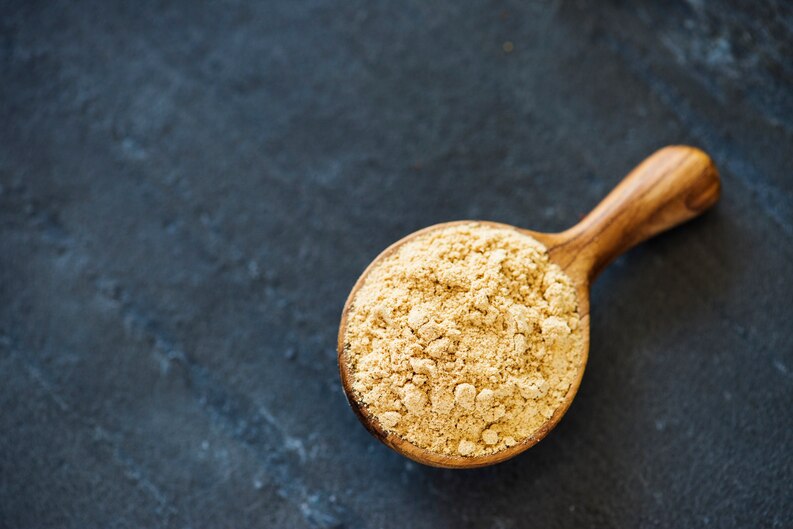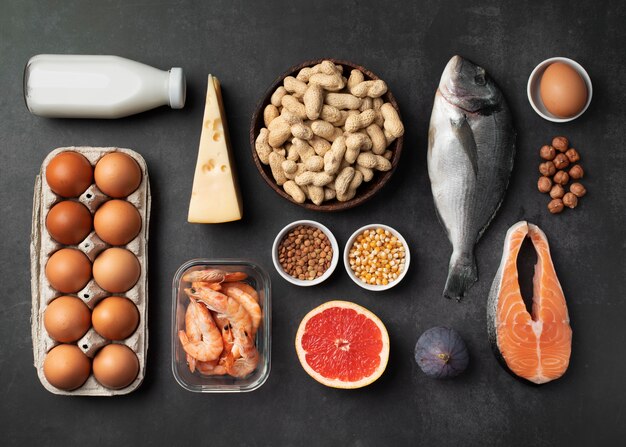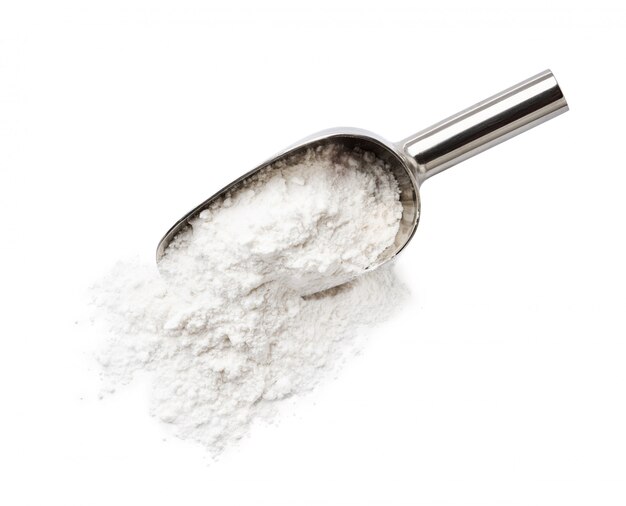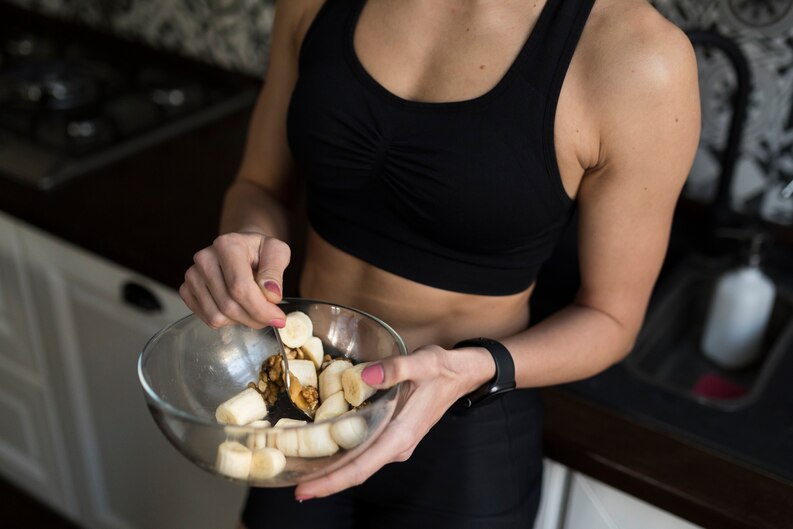In recent years, nutritional yeast has gained popularity as a versatile and nutrient-packed ingredient. From vegan kitchens to health-conscious households, it’s finding its way into various recipes. But is nutritional yeast truly a superfood for everyone? In this article, we’ll delve into the benefits, potential drawbacks, and who should and shouldn’t include this intriguing ingredient in their diet.
Understanding Nutritional Yeast
What is Nutritional Yeast?

Nutritional yeast, often referred to as “nooch,” is a species of yeast known as Saccharomyces cerevisiae. Unlike the yeast used in baking and brewing, this yeast is grown specifically for its nutritional value.
Nutritional Composition
This yeast is an excellent source of several essential nutrients, including B vitamins (such as B12), protein, and minerals like zinc, selenium, and iron. It’s also usually fortified with additional B vitamins, making it a staple for vegans who may struggle to obtain these nutrients from animal sources.
The Health Benefits of Is Nutritional Yeast
Rich in B Vitamins
Nutritional yeast is renowned for its B vitamin content. It’s particularly high in vitamin B12, which is crucial for maintaining nerve function and producing red blood cells. This makes it an attractive option for vegans and vegetarians who may be deficient in B12.
Protein-Packed
For those looking to boost their protein intake, yeast provides a substantial plant-based source. It contains all nine essential amino acids, making it a complete protein source.
Immune Support
Zinc and selenium, found in nutritional yeast, play key roles in supporting a healthy immune system. Incorporating it into your diet may help ward off infections and keep your immune system in top shape.
Who Can Benefit?
Vegans and Vegetarians
As mentioned earlier, nutritional yeast is a fantastic source of B12, a vitamin primarily found in animal products. Vegans and vegetarians can significantly benefit from including it in their diets to prevent B12 deficiency.
Those with Dietary Restrictions
Individuals with food allergies or intolerances can turn to yeast as a flavorful seasoning and nutrient boost without the worry of common allergens.
People Looking to Enhance Flavors
It has a unique, cheesy flavor profile. It’s an excellent substitute for cheese in various recipes, making it a go-to for those looking to cut down on dairy.
The Considerations
Yeast Allergies
While rare, some individuals may be allergic to yeast. It’s essential to be aware of any potential allergies before incorporating yeast into your diet.
Overconsumption
As with any food, moderation is key. Consuming excessive amounts of yeast may lead to an overload of certain nutrients, such as B vitamins. It’s crucial to use it as a seasoning or ingredient rather than a dietary staple.
Taste Preferences
The distinct cheesy flavor of yeast may not appeal to everyone. Taste is subjective, so it’s essential to consider personal preferences when using it in recipes.
Conclusion
In conclusion, nutritional yeast can be a valuable addition to many diets, especially for vegans, vegetarians, and those with dietary restrictions, including individuals managing diabates. Its rich nutrient profile, particularly in B vitamins and protein, makes it a noteworthy ingredient. However, it’s essential to be mindful of potential allergies, overconsumption, and individual taste preferences.
FAQs
Individuals with yeast allergies should exercise caution and consult with a healthcare provider before incorporating yeast into their diet.
While it’s a good source, it’s advisable for vegans to diversify their B12 intake through supplements or fortified foods.
You can sprinkle it on popcorn, use it in pasta dishes, soups, or even make dairy-free cheese sauces with it.
Excessive consumption may lead to an overdose of certain nutrients, so it’s best to use it in moderation.
If you dislike the taste or have an allergy, you can explore other seasoning options like herbs, spices, or vegan cheese alternatives.







Leave a Reply